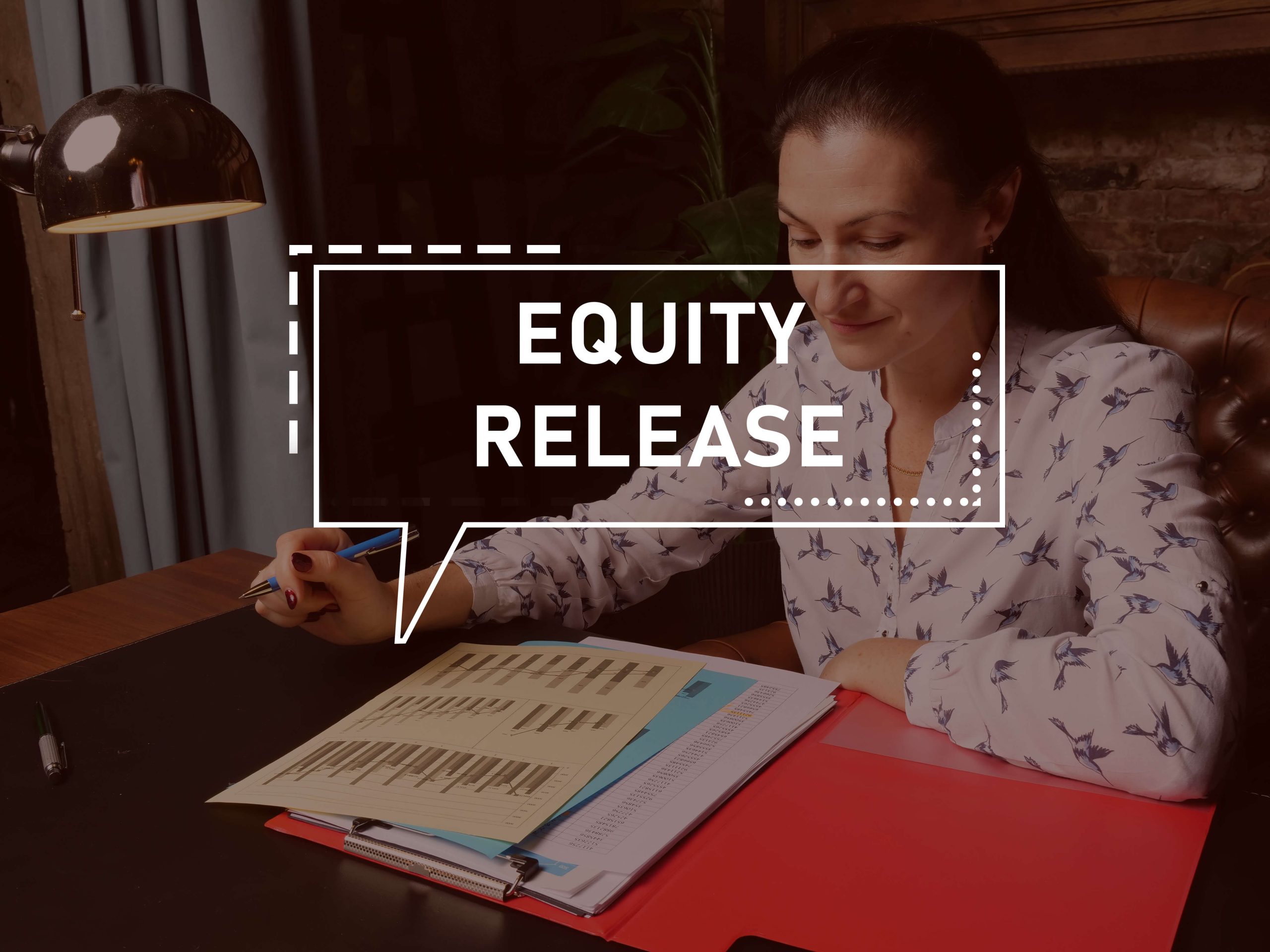3 False Myths Regarding Equity Release

3 False Myths About Equity Release
Suppose you are a senior or retired individual aged over 55 and are keen on supplementing your retirement income. In that case, you may find the concept of equity release exciting.
To steer you in the right direction, this blog post aims to expose three common misconceptions regarding equity release as well as the reason why the bubble has to be burst.
Myth #1: Equity Release is Pricey
Firstly, the most common misconception is that equity release is costly and includes excessive fees. This is entirely untrue. Do note that there are transactions costs associated with equity release, similar to a conventional mortgage.
Prices will vary depending on a wide range of factors, including the equity release terms, your specific financial history, where you live, the size of your house, assessed value, and so much more.
The term equity release can be confusing. In the USA, they are called reverse mortgages. In essence, you can borrow money against the equity in your home. If you are interested in an equity release, do not step away from it due to the potential fees or transaction costs. The products have improved dramatically over the last few years.
Myth #2: Kids Inherit The Reverse Mortgage Payments
People are often under the false impression that their children will have to bear the burden of the equity release after their passing. But the fact is that your executor has the option of selling your house and making use of the money to pay off your equity release balance. They could also use the funds to pay off the balance and continue keeping the home.
The point is that a monthly repayment is not something your children will have to deal with.
However, remember that it is crucial to plan for your estate with a proper will, regardless of whether you have equity release. Ensure that the solicitor you get in touch with has adequate skills in estate law.
Myth #3: The Bank Will Take Over Your House
Lastly, people also believe that taking equity release comes with the risk of the bank owning their house, which is again untrue. When you opt for equity release, you essentially borrow money against the equity or value that has been built up in your home. The house will continue to be yours.
However, a lender will place a charge against it for securing the mortgage loan.
These are the most common myths associated with equity release.
If this topic interests you and you wish to learn more about it, get in touch with us at [email protected] or 01277 564022 , and we will be more than happy to assist you with your queries.


